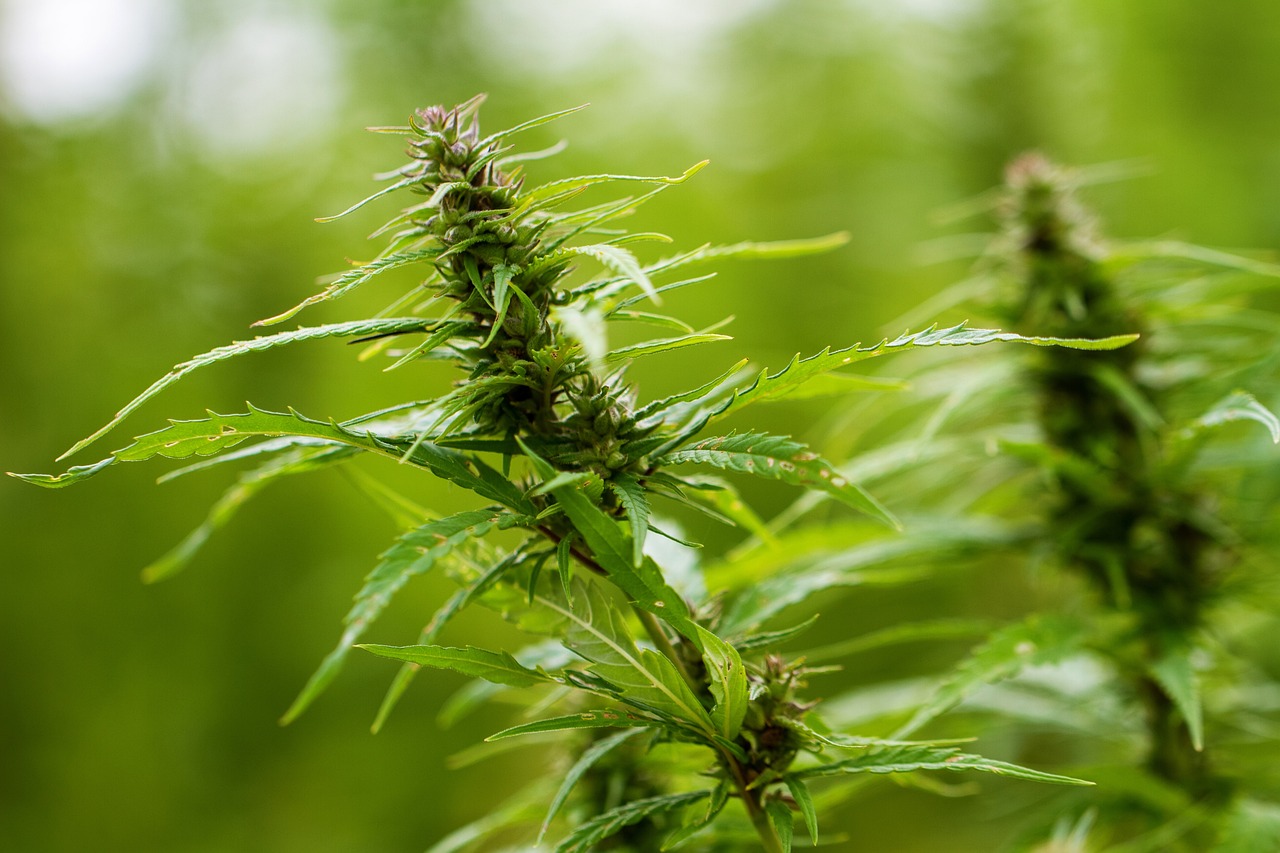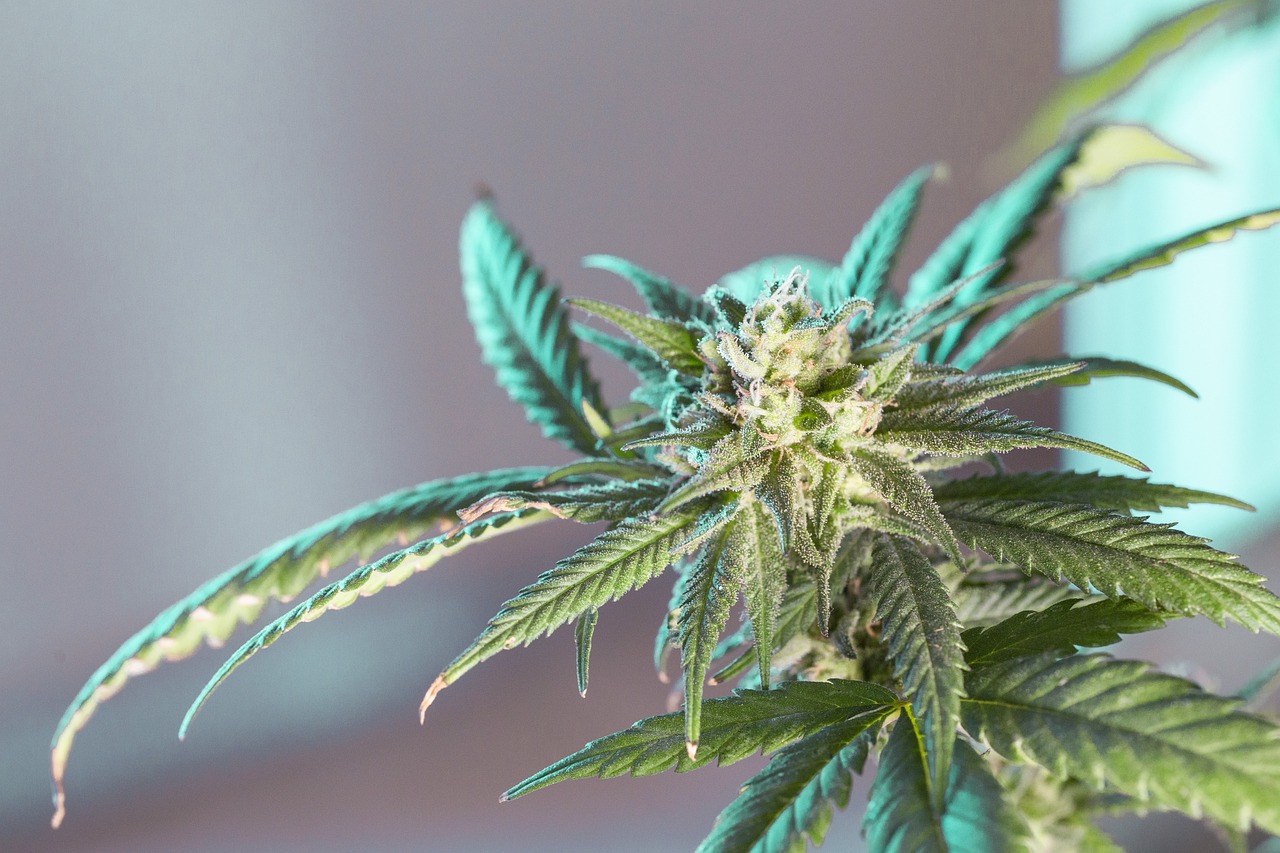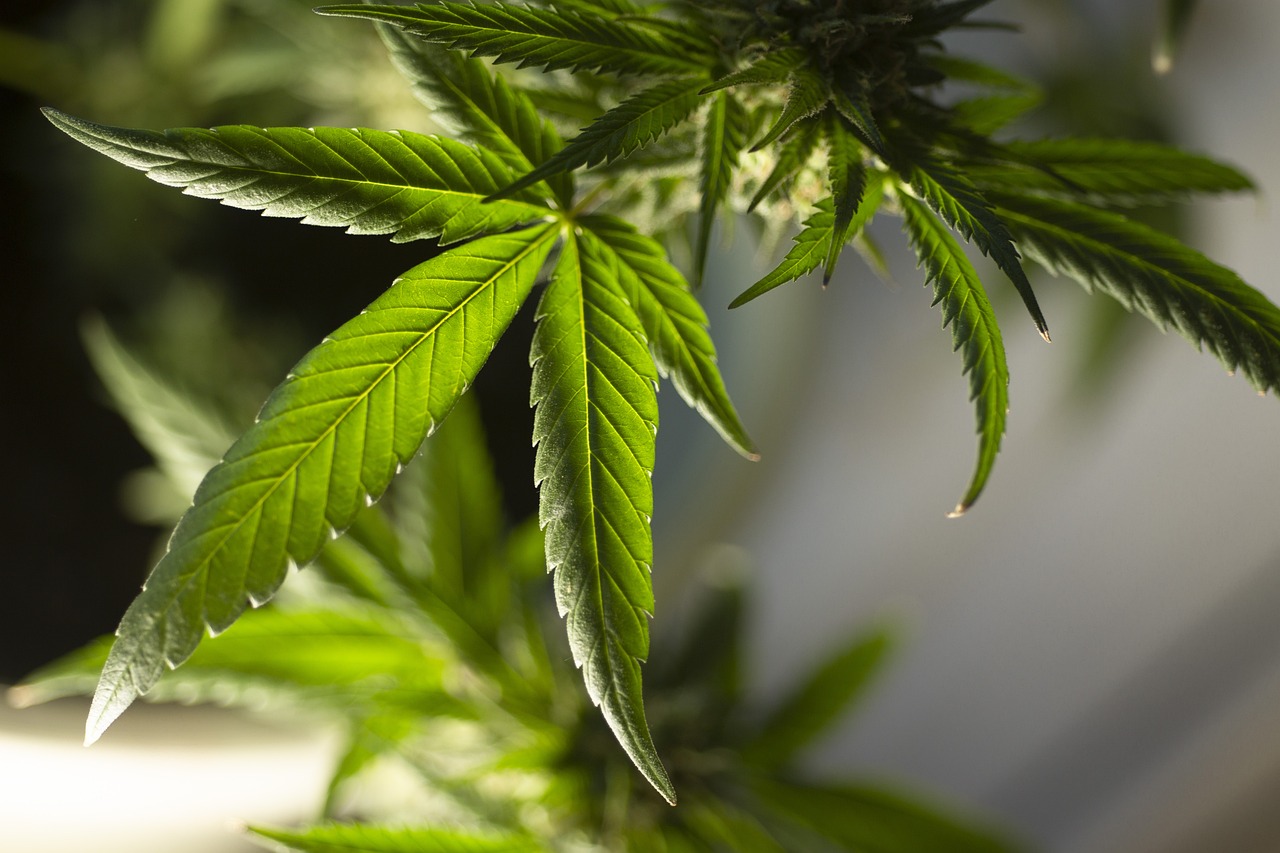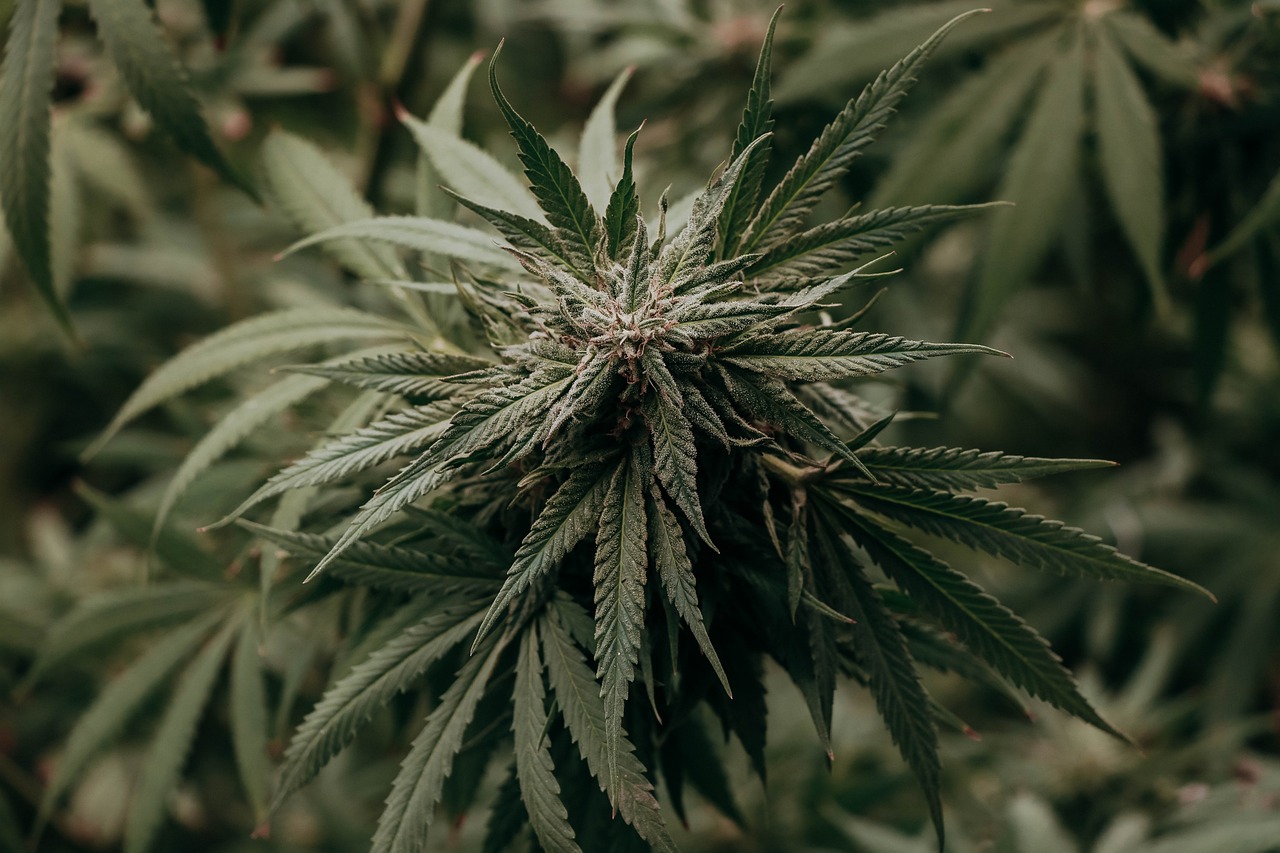In recent years, the interest in cannabis and its various compounds has surged, with many seeking natural alternatives for wellness. Among these compounds, THCA (tetrahydrocannabinolic acid) has gained attention for its potential benefits. Unlike THC, THCA is non-psychoactive, making it an appealing option for those looking to explore cannabis without the high. This article delves into the potential wellness benefits of THCA flower and herbal medicine and how it can be integrated into a holistic lifestyle.
Understanding THCA: The Basics
THCA is a cannabinoid found in raw and live cannabis plants. It is the precursor to THC, the compound responsible for the psychoactive effects of cannabis. When cannabis is heated through smoking, vaping, or cooking, THCA converts to THC. However, when consumed in its raw form, THCA does not produce a high, allowing users to experience its benefits without psychoactive effects.
Potential Health Benefits of THCA
Research into THCA is still in its early stages, but preliminary studies and anecdotal evidence suggest several potential health benefits:
- Anti-inflammatory Properties: THCA may help reduce inflammation, which is beneficial for conditions like arthritis and other inflammatory diseases.
- Neuroprotective Effects: Some studies indicate that THCA might protect brain cells, potentially offering benefits for neurodegenerative diseases.
- Anti-emetic Properties: THCA has shown promise in reducing nausea and vomiting, which can be particularly helpful for patients undergoing chemotherapy.
- Appetite Stimulation: Like THC, THCA may help stimulate appetite, which can be beneficial for individuals with eating disorders or those undergoing treatments that affect appetite.
Incorporating THCA Flower into Your Wellness Routine
For those interested in exploring THCA for wellness, there are several ways to incorporate it into daily routines:
- Juicing Raw Cannabis: One of the most popular methods is juicing raw cannabis leaves and flowers. This method preserves the THCA content and allows for easy consumption.
- THCA Tinctures: These are liquid extracts that can be taken sublingually or added to food and drinks. Tinctures offer a convenient way to measure and control dosage.
- Topical Applications: THCA-infused creams and balms can be applied directly to the skin, providing localized relief for pain and inflammation.
Case Studies and Real-World Examples
Several case studies highlight the potential benefits of THCA. For instance, a study published in the British Journal of Pharmacology found that THCA exhibited anti-inflammatory properties in animal models. Another study in the Journal of Neuroimmune Pharmacology suggested that THCA might have neuroprotective effects, offering hope for conditions like Alzheimer’s disease.
Real-world examples include patients who have reported relief from chronic pain and inflammation after incorporating THCA into their wellness routines. These anecdotal reports, while not scientifically conclusive, provide a glimpse into the potential applications of THCA.
Legal Considerations and Accessibility
The legal status of THCA varies by region, as it is often classified under the same regulations as THC. It’s important for consumers to be aware of local laws and regulations regarding cannabis products. In areas where cannabis is legal, THCA products are becoming more accessible, with many dispensaries offering a range of options.
Conclusion
THCA flower presents an intriguing option for those seeking natural wellness solutions. With its potential anti-inflammatory, neuroprotective, and anti-emetic properties, THCA offers a range of benefits without the psychoactive effects of THC. As research continues to evolve, THCA may become a staple in holistic health practices. For those interested in exploring its benefits, consulting with healthcare professionals and staying informed about local regulations is advisable.



